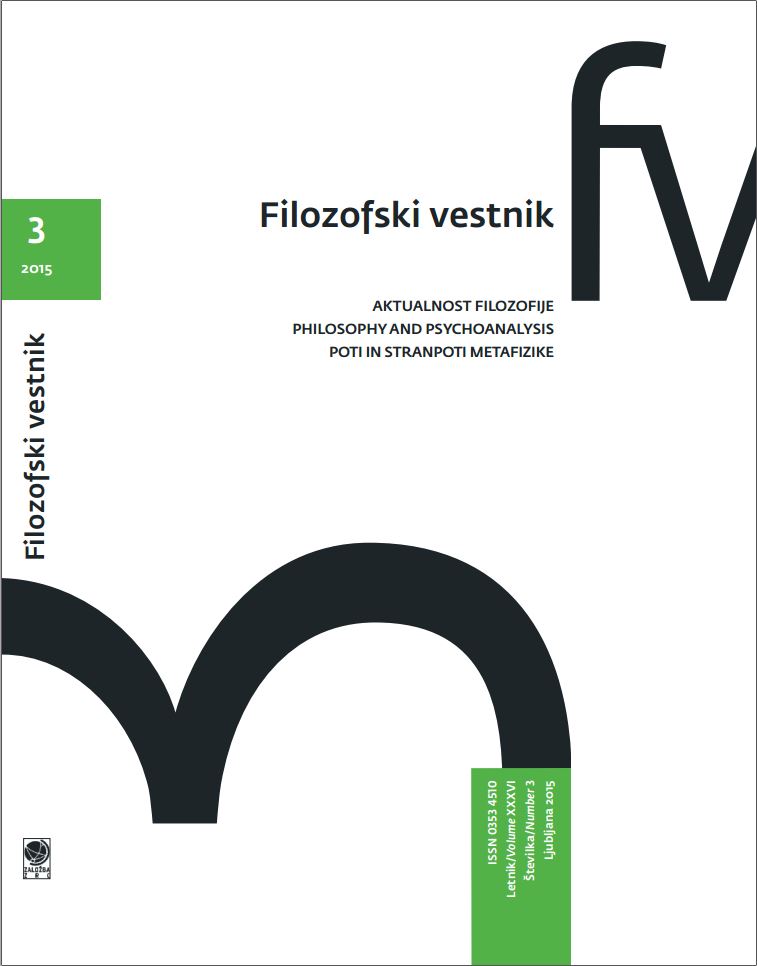The Tryst Between Derridean Deconstruction and Negative Theology: the Kenōsis of Language and the Excess of the Entirely Other
Keywords:
Derrida, deconstruction, negative theology, language, faithAbstract
Jacques Derrida proposes a critique of language starting from an analysis of the exemplary case of negative theologies, since it is the latter that bears the most relevance to thinking the limits of language. Both deconstruction and negative theology admit that a “residue” of our experiences escapes, leaving us unable to identify it within the boundaries of our knowledge and language. How can we, therefore, talk about this “beyond”, be this the transcendence of the other or of God? We find a way in Derrida’s comment on Angelus Silesius from Sauf le nom: by trying to set itself free from all language and narrative, negative theology comes to practice the kenōsis of language, but precisely this represents the condition for an event to come about. We are led to the paradoxical place where deconstruction meets the apophatic: the pragmatic path of indeterminate faith as such reveals the event of the entirely Other’s absolute singularity.Downloads
Download data is not yet available.
Downloads
Published
2016-03-27
How to Cite
Georgeta Suciu, L. (2016). The Tryst Between Derridean Deconstruction and Negative Theology: the Kenōsis of Language and the Excess of the Entirely Other. Filozofski Vestnik, 36(3). Retrieved from https://ojs.zrc-sazu.si/filozofski-vestnik/article/view/4532
Issue
Section
Paths and Impasses of Metaphysics
License
Authors guarantee that the work is their own original creation and does not infringe any statutory or common-law copyright or any proprietary right of any third party. In case of claims by third parties, authors commit their self to defend the interests of the publisher, and shall cover any potential costs.
More in: Submission chapter





